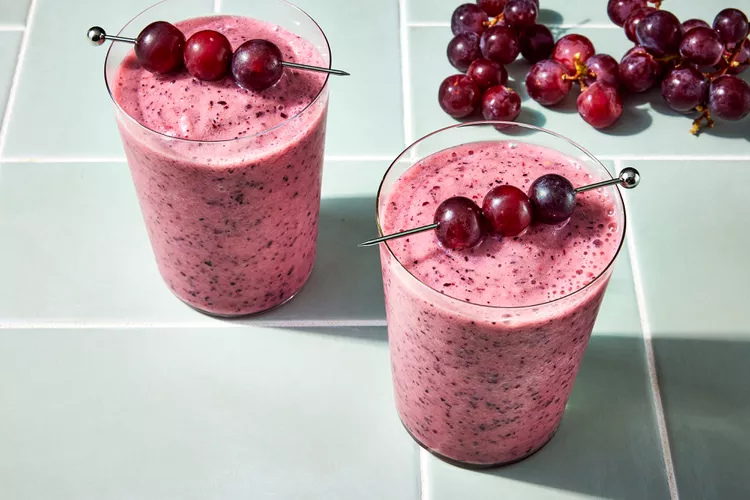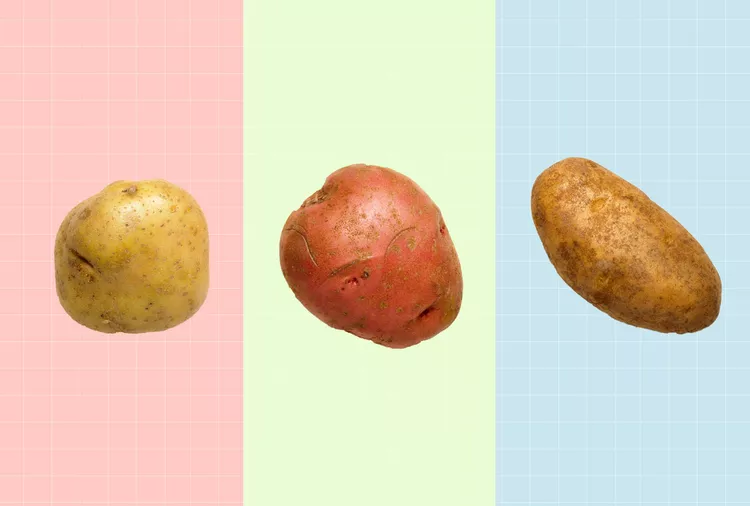Contents
Unveiling the Truth About Sweating and Weight Loss
Does Sweating Burn Calories: Sweating does not directly burn a significant amount of calories, but it plays a crucial role in regulating body temperature. When your body sweats, it releases water and salt, which evaporate to cool you down. While sweating might result in a temporary loss of water weight, this is quickly regained once you rehydrate by drinking fluids or eating.
How Many Calories Does Sweating Burn?
Some fitness activities, like Bikram yoga, are often claimed to help you burn up to 1,000 calories per hour, but studies show the actual calorie burn is much lower. For example, a 90-minute Bikram yoga session burns an average of 330 calories for women and 460 calories for men, similar to brisk walking at a pace of 3.5 miles per hour.
Interestingly, you can burn calories during exercises where you sweat minimally or not at all. Swimming, lifting weights, or exercising in cooler temperatures still leads to calorie expenditure. Sweating itself may be a more accurate indicator of exercise intensity, helping you gauge how hard you’re working.
Factors Influencing Sweat Production

How much you sweat depends on a variety of factors, including:
- Genetics
- Age
- Environmental conditions
- Weight
- Fitness level
Weight and fitness level are the most significant contributors to sweating. A person with a higher weight needs more energy to perform physical tasks, resulting in more sweat. Additionally, the more fit you are, the quicker your body can regulate temperature, allowing you to sweat earlier and cool down faster during exercise.
Benefits of Sweating
The primary benefit of sweating is body temperature regulation. Other benefits include:
- Healthier skin: Sweating helps improve blood circulation, which nourishes skin cells with oxygen and essential nutrients.
- Challenging workouts: Sweating during exercise suggests that you’re pushing yourself to a level appropriate for your fitness.
Potential Risks of Sweating
While sweating is necessary, it can lead to dehydration, especially in hot or humid conditions. It’s crucial to stay hydrated during workouts by drinking enough water. For every pound of sweat lost, aim to replenish with a pint of water.
Severe dehydration can lead to serious health risks. Seek immediate medical help if you experience:
- Extreme fatigue or confusion
- Dizziness that doesn’t go away after standing
- No urine output for 8+ hours
- Weak or rapid pulse
- Seizures or loss of consciousness
Hyperhidrosis and Excessive Sweating
Excessive sweating, or hyperhidrosis, can be a condition where sweating disrupts your daily life. If you experience night sweats without an obvious cause, or sudden excessive sweating, consult a doctor. Seek emergency medical help if sweating is accompanied by:
- High fever (104°F/40°C or above)
- Chest pain
- Shortness of breath
- Rapid heart rate
Conclusion
While sweating does not directly burn significant calories, it is an essential process for cooling your body and regulating temperature. To ensure a safe and effective workout, stay hydrated, monitor your sweat levels, and pay attention to how your body responds to different activities. Keep track of your hydration and be cautious of dehydration risks. Always listen to your body and adjust your exercise routine accordingly.
The bottom line
Can Sweating Help You Lose Weight? The Truth Behind Water Weight Loss
Sweating out water weight might cause you to temporarily lose a few pounds, and this technique is often used by athletes like wrestlers and horse jockeys who need to meet specific weight requirements for competition. By sweating heavily, they can drop water weight quickly, but this weight loss is not sustainable.
However, it’s important to understand that the calories burned through sweating are minimal and don’t significantly contribute to long-term weight loss. While some studies have shown that sauna-induced rapid weight loss can affect athletic performance, particularly in women, further research is still needed to fully understand the impact on overall fitness and health.
For sustainable weight loss, it’s essential to adopt a healthy and balanced approach. Gradually shedding pounds by incorporating a whole foods diet and regular exercise is the healthiest and most effective method. Remember, rapid weight loss techniques like sweating out water weight are not ideal for long-term health.
If you’re serious about losing weight, consulting with your doctor or a nutritionist can help you design a plan that’s tailored to your lifestyle, ensuring you achieve your goals in a healthy, sustainable way.








